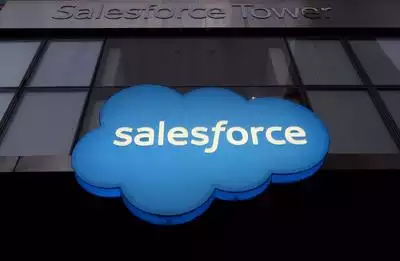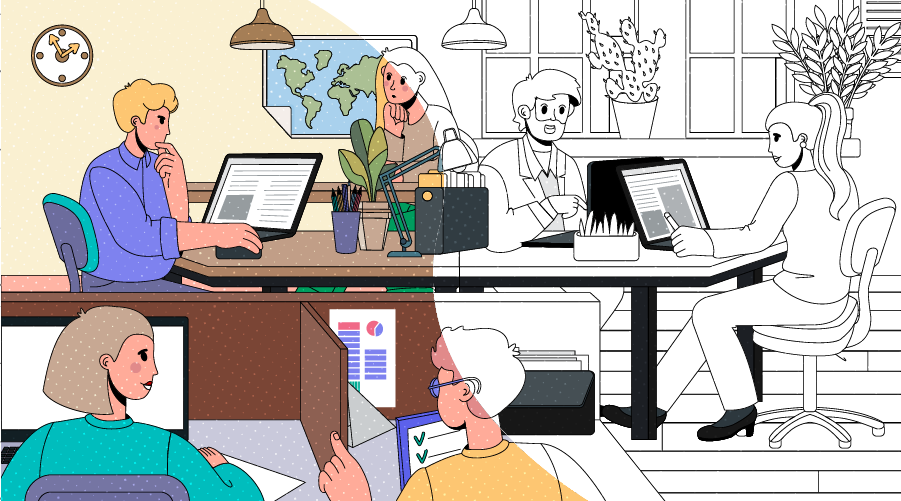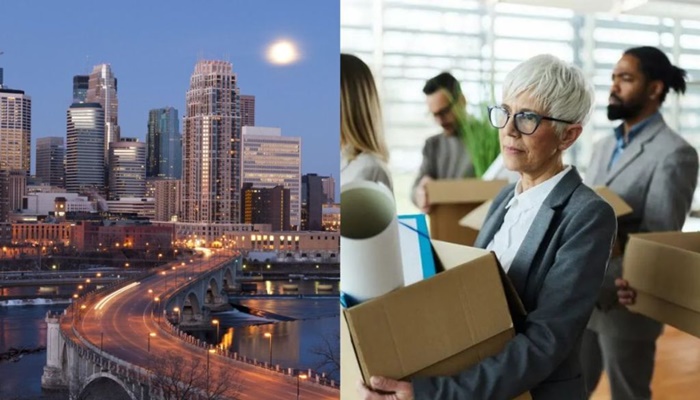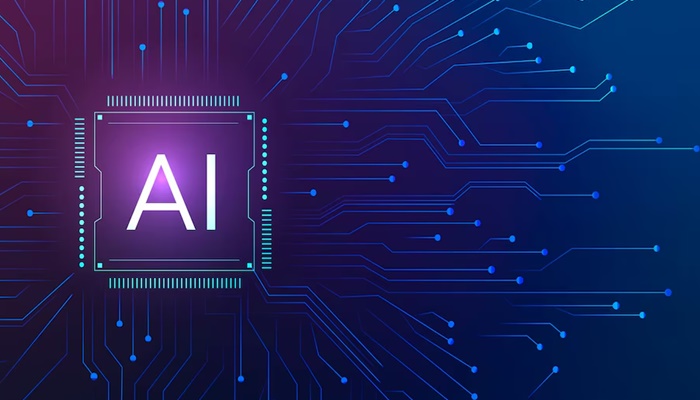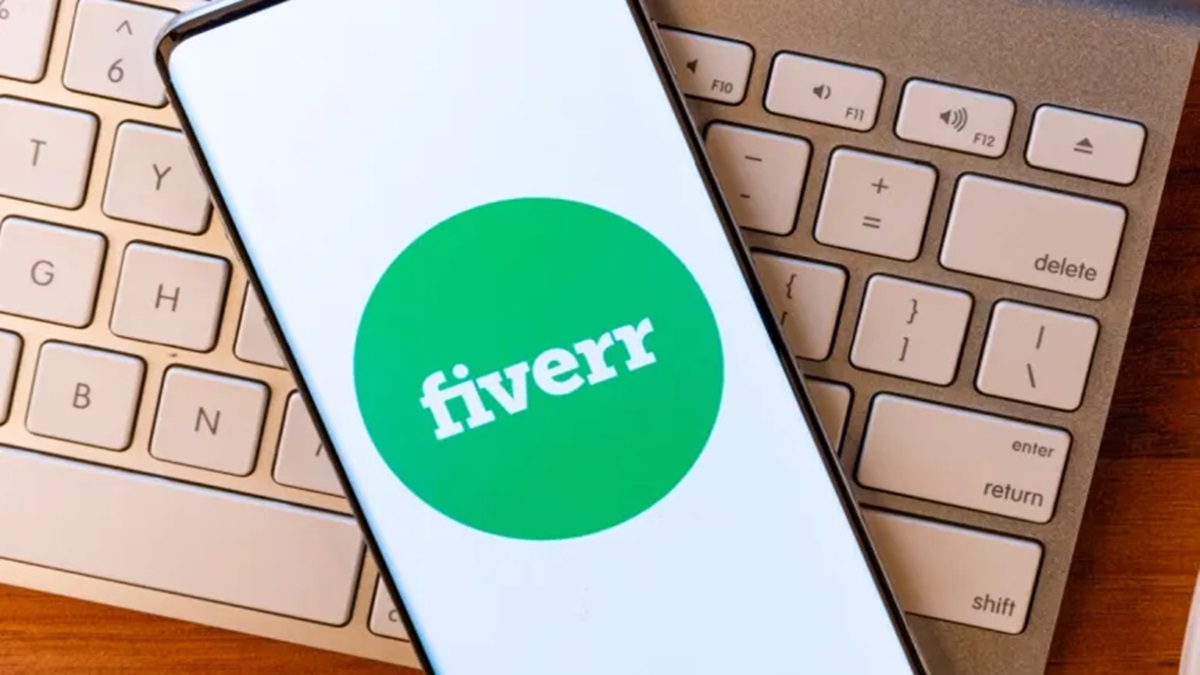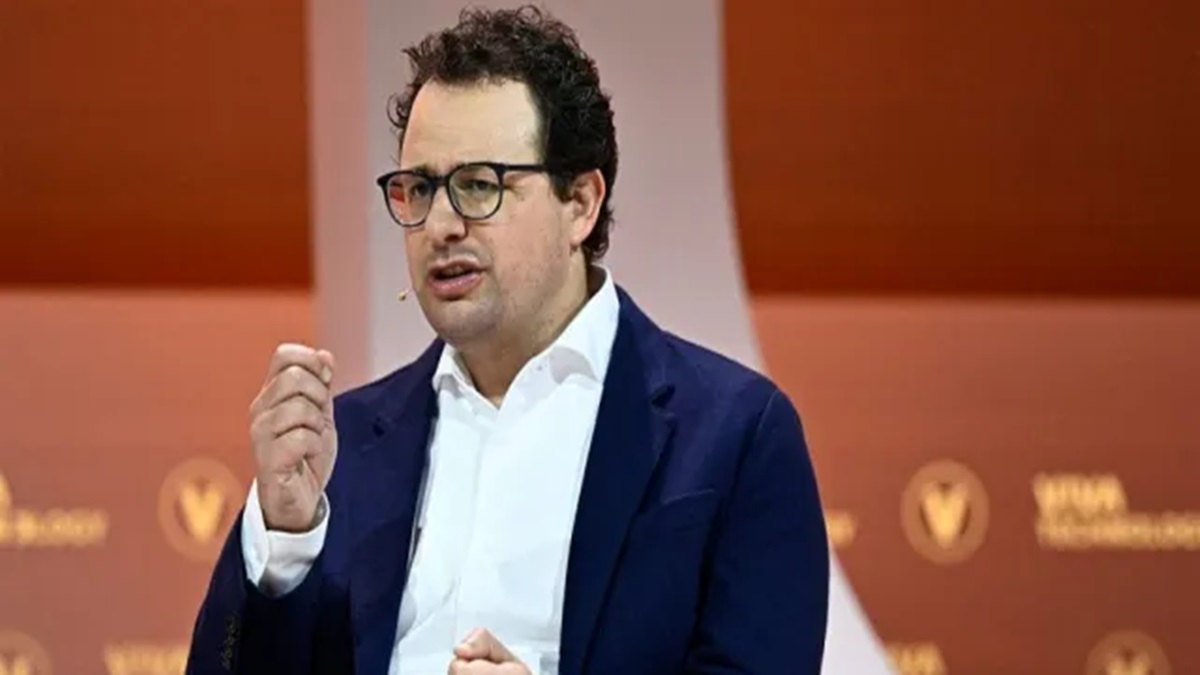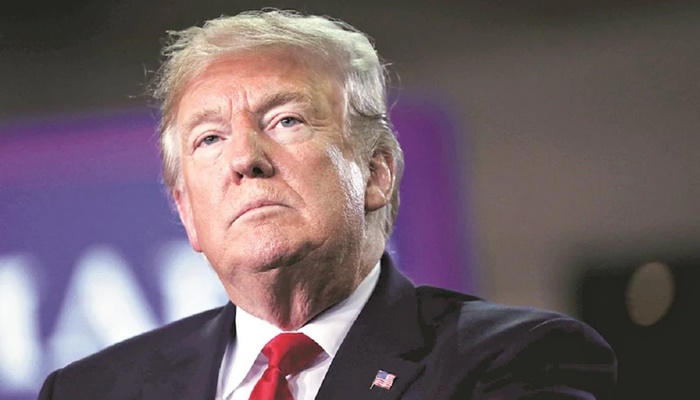If you’re an Indian student in the U.S. — or planning to be one — there’s new reason to worry. The Optional Practical Training (OPT) programme, which thousands of Indian students rely on for work opportunities after graduation, is now in the crosshairs of President Trump’s nominee for the top immigration role in America.
Here is why:
President Trump’s nominee for Director of the U.S. Citizenship and Immigration Services (USCIS), Joseph Edlow, has expressed intentions to significantly alter the Optional Practical Training (OPT) programme, even though US President Donald Trump has said international students should receive green cards after graduating from U.S. universities. Economists, business leaders and educators have said that ending post-graduation OPT and STEM OPT would halt America’s best programs for attracting and retaining international talent.
What Is OPT?
Optional Practical Training (OPT) is a programme that allows international students on F-1 visas to work in the U.S. for up to 12 months after completing their academic studies. Students in Science, Technology, Engineering, and Mathematics (STEM) fields are eligible for a 24-month extension, totaling up to 36 months of work authorization. This programme serves as a bridge for students to gain practical experience and potentially transition to longer-term employment opportunities in the U.S
For most Indian students, OPT is a vital bridge between education and employment, helping them gain experience and improving their chances of transitioning to a work visa like the H-1B.
What is happening now?
Joseph Edlow, President Trump’s nominee for Director of U.S. Citizenship and Immigration Services (USCIS), has indicated he wants to restrict or roll back the OPT program.
At a recent US Senate hearing, Edlow criticized the OPT system, saying it has “exceeded its original intent” and that work permits should only be available while the student is still studying — not after graduation.
Sen. Mike Lee (R-UT) asked Edlow to describe changes he would make to Optional Practical Training if he were confirmed as USCIS director.
“I think the way in which OPT has been handled over the past four years, with the help of certain decisions coming out of the D.C. Circuit Court, have been a real problem in terms of misapplication of the law,” Edlow said in response. “What I want to see would be essentially a regulatory and sub-regulatory program that would allow us to remove the ability for employment authorizations for F-1 students beyond the time that they are in school.”
This raised immediate red flags among immigration lawyers, education experts, and especially Indian students, who make up one of the largest international student populations in the U.S.
What the mumbers say
According to the Institute of International Education (IIE):
In the 2023/24 academic year,
- 163,452 international students participated in post-completion OPT
- 79,330 students were enrolled in STEM OPT
- That’s a total of 242,782 students
If Edlow’s approach is implemented — limiting work authorization only while enrolled — these figures would plummet. The STEM OPT, which only begins after a student completes their degree, would be eliminated entirely.
This would drastically reduce the pipeline of foreign students entering the U.S. workforce via the H-1B route.
How many Indians could be affected?
- Over 270,000 Indian students are currently studying in the U.S.
- Roughly 69,000 are on OPT, according to 2023 US immigration data
- Many of these students heavily rely on OPT to work, repay student loans, and secure long-term opportunities like H-1B sponsorship.
What would change?
If Edlow’s views are implemented as policy:
- Students might lose the right to work after graduation
- OPT could be limited only to jobs during the degree — not after
- Without OPT, students may have to leave the U.S. immediately unless they quickly secure an H-1B visa (which is hard due to strict quotas)
But isn’t OPT legal?
Yes. In fact:
- The U.S. Court of Appeals upheld the OPT and STEM extension programs in 2022
- The Supreme Court also refused to overturn that decision
- But Edlow’s views reflect a broader policy direction that could still reshape or dismantle OPT through administrative rule changes
Why are experts worried?
Experts say cutting OPT would:
- Hurt US universities, which attract top talent from India, China, and other countries
- Push international students to consider other countries like Canada, Australia, or the UK
- Damage the U.S. tech and innovation sectors, which rely on skilled foreign graduates
Miriam Feldblum, head of the Presidents’ Alliance on Higher Education and Immigration,told Forbes that experiential learning is a “core component of U.S. education” and warned that restricting OPT would “undermine the country’s ability to compete globally.”
“Any rollback of OPT will severely harm international students and our ability to attract talented students from around the world, our nation’s global competitiveness, economic growth, national research capacity and future innovation,” Miriam was quoted by Forbes as saying.
What should Indian students do?
- Monitor US policy developments closely — especially immigration announcements ahead of the 2024 election
- Plan ahead — Have backup options like Canada, the UK, or Australia where post-study work rights are clearer
- Consult with your university’s international office and immigration advisors
- Know your timelines — Understand how changes might affect your graduation year or OPT eligibility



